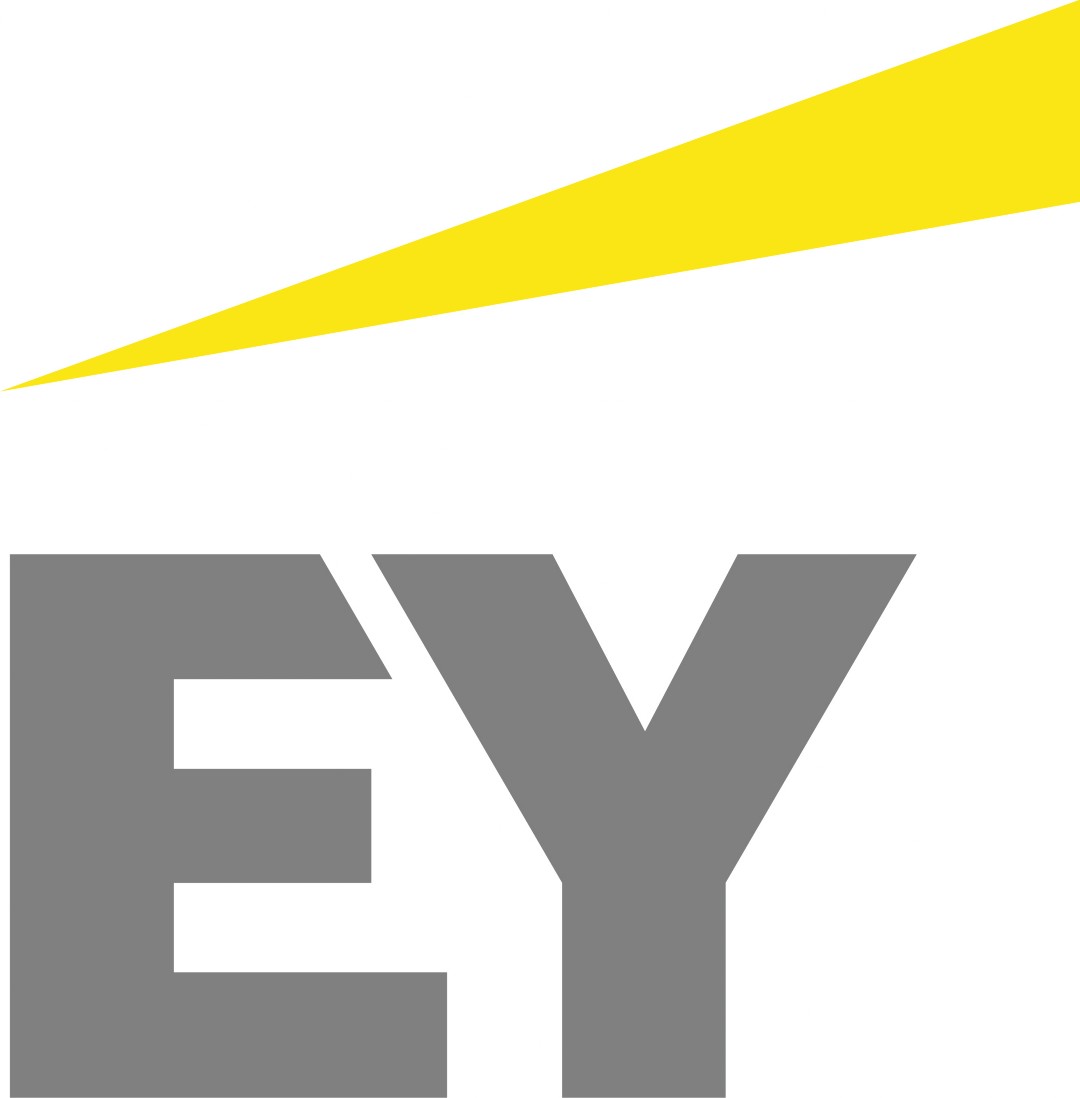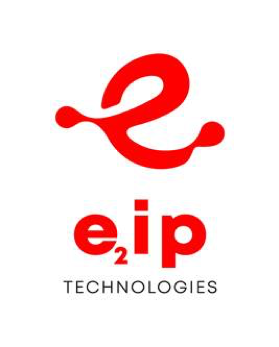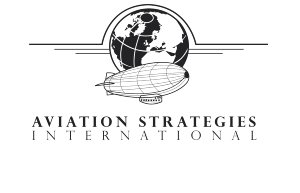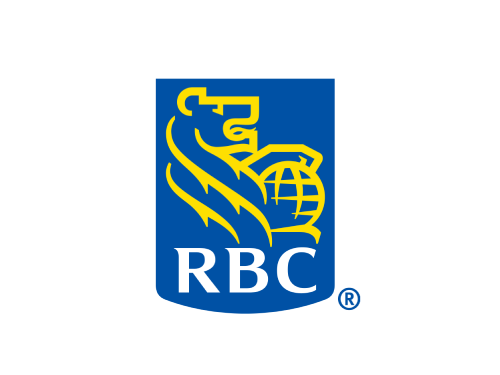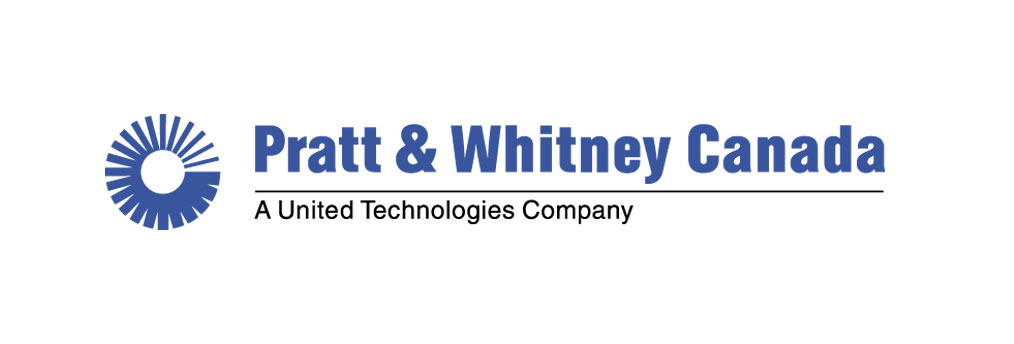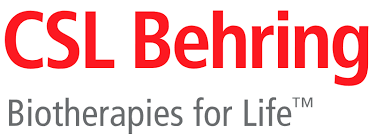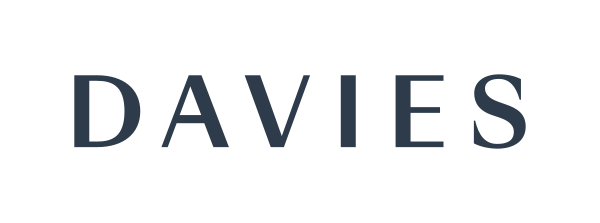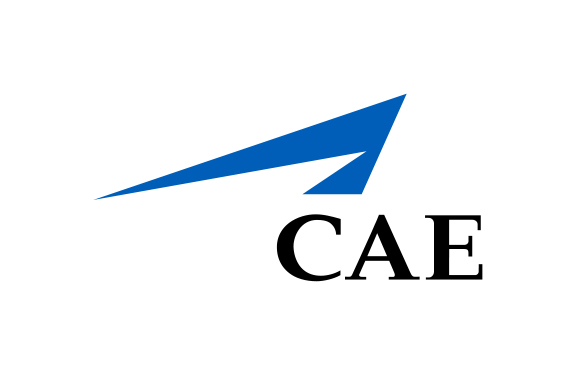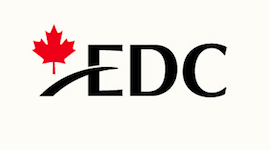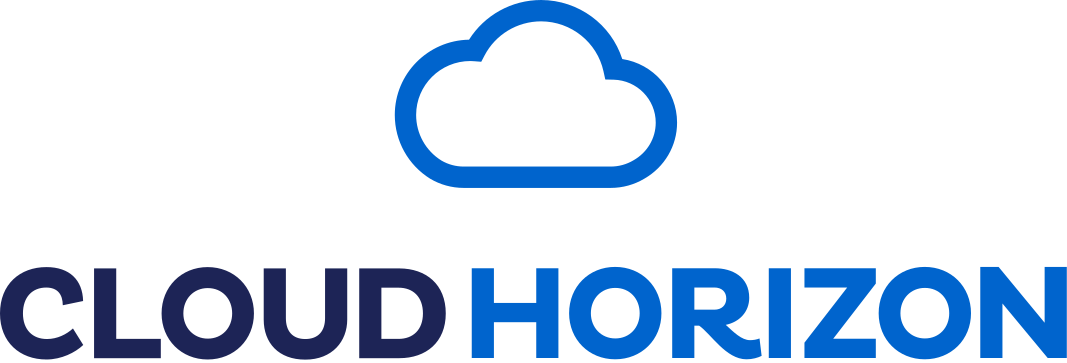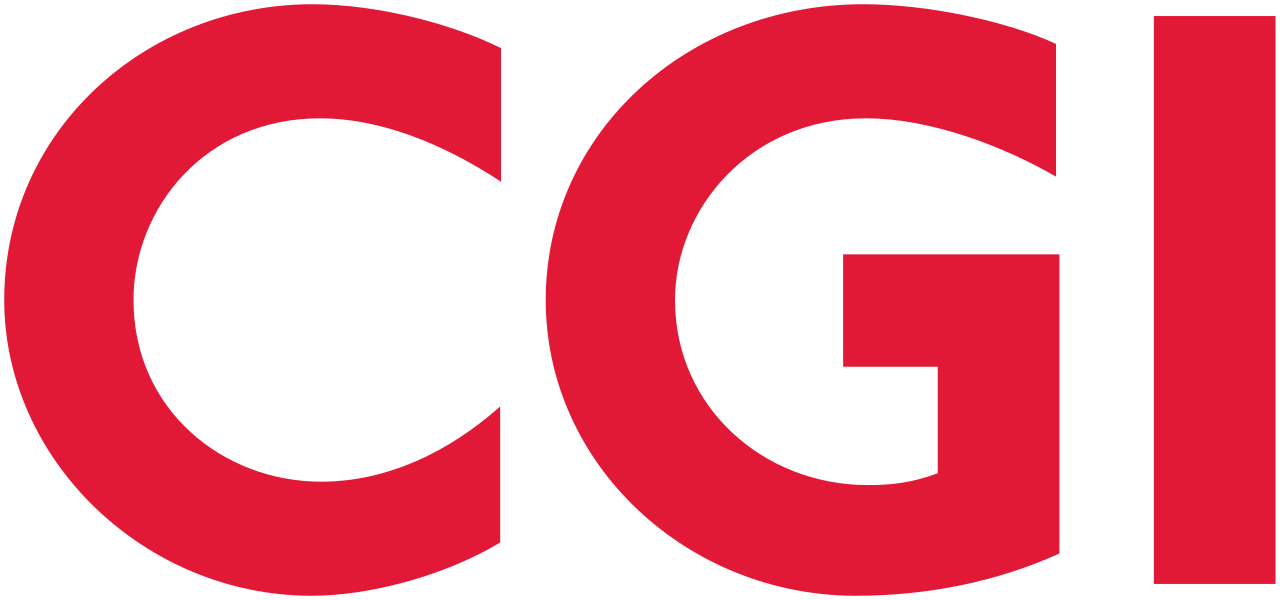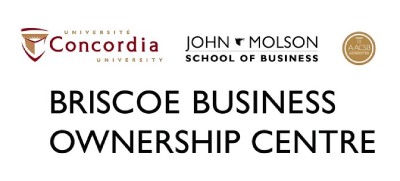New Zealand takes first, Concordia best Quebec team in first international MBA Case Competition
They came half-way around the world, and they conquered. The four-member team from the University of Otago, New Zealand, took top honours in the first Concordia International MBA Case Competition.
It was a fitting inauguration for the international version of the 10-year-old event. The five foreign teams brought a fresh, bold approach to the sport of case analysis, according to some of the judges. Twenty-four teams took part.
The winning team was presented with a cheque for $4,000 at a banquet held Saturday to close the five-day event. Georgetown University’s team returned to Washington, D.C. with second prize ($3,000), and Memorial University and the University of Windsor won third prizes ($2,000 each). The scholarships are donated by the Bank of Montreal, Alcan, Pratt and Whitney and the MBA Association of Québec.
The other overseas teams were from Gothenburg University (Sweden), the London Business School, and Ohio State University.
Concordia’s team has reason to be pleased with its performance. The members came fifth overall, behind the money-winners and fourth-place University of Saskatchewan, and beat every team they played in the round-robin tournament, except Otago.
For the second year in a row, Concordia was the top Quebec team competing, going head-to-head against McGill, the École des hautes études commerciales and UQAM (the Université de Québec a Montréal).
The Otago team was clearly made of the right stuff, according to many observers. The members were older and more experienced than many of their competitors, and it showed. “The Otago team covered everything,” said Louise Brunet, one of the three organizers. “They never left anything out, and always had a specific answer. They were very self-confident, convinced they were right.” The New Zealand team included a seasoned sheep farmer and a stockbroker with wide European experience.
Management Professor Pierre Brunet, an advisor to the competition, said Otago “had a whole different way of looking at the seriousness of business. They aren’t married to a solution, the way we sometimes are. They’re more relaxed and flexible.”
Historically, he said, the North American approach to a Master of Business Administration is to learn your formulae, get your credits and get out, whereas the Europeans are inclined to sit at the feet of the masters, absorb their wisdom, and graduate when they’re considered to be ready. It’s a fine distinction, but it produces two different styles.
The University of Gothenburg, Sweden, has participated in exchange programmes with Concordia’s Faculty of Commerce and Administration over the past several years, but like the other non-Canadian teams, were competing in the case competition for the first time. They had a double challenge: competing in a foreign language (English) and having their first, harrowing taste of the three-hour preparation period. Their first round was a disaster, but they were fast learners, Louise Brunet said.
“They lost their first round, 3-8. But they only lost their second 5-6, and after that they started winning: 6-5, 7-4, 8-3. They just kept getting better, and couldn’t believe how much they learned.”
The competition is taking on a new intensity. Louise Brunet said that this year, one university even sent next year’s team, just to watch and take notes.
Pierre Brunet admitted that in some respects, the competition is “not a level playing field.” Memorial University, whose crack teams have won for the past two years, “attracts everybody in Newfoundland who wants to do an MBA.” Mature business people studying at Concordia are more likely to be in the Executive MBA programme, “which would probably make it to the finals easily if they were eligible.” But it’s a great learning experience for the MBA students, and the ones who compete are the cream of the crop.
Twelve Concordia students are accepted every year into a three-credit course for preparation for the event, and the top four are chosen for the team.
The members this year were Ayla Assioun, who has a Computer Science degree from the American University in Paris, is fluent in four languages and has worked in the software industry; Helen Kotsovos, who has a Bachelor of Commerce from McGill and has worked in European corporate banking; Jonathan Mosel, who graduated in Commerce from Concordia and has worked in a big local department store; and Laura Crozier, who has a degree in English from the University of Toronto and won a financial analysts’ society award last year.
Their coaches were Jan Meyers and Henri Colas, both executives-in-residence in the Management Department.
Louise Brunet said the Concordia team performed well, and the effect of the foreign teams on the Canadians was to galvanize their ambition.
“By winning, the Otago team created a situation where next year the Canadians will want to win back the title. It opened the whole thing up, in many different ways.”

